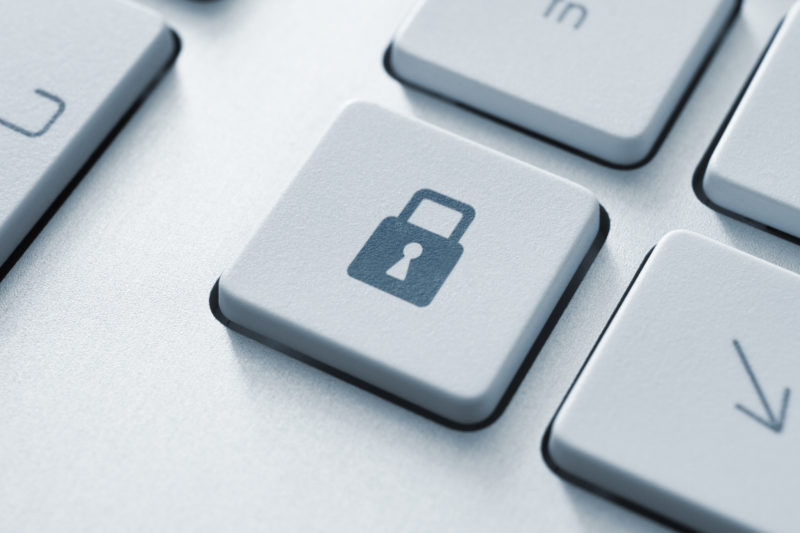On the calendar there are dates with Indian Day, Arbor Day, Valentine's Day, Friend's Day and so on. Every date has its importance and its reason for existing, and on May 4th, World Password Day is celebrated, a very important date for us to talk about information security in companies and the risks that the internet offers, which come growing and causing more and more losses for companies and users on the network.
World Password Day arose with the encouragement of companies concerned with the security of internet users, who are increasingly unprotected and susceptible to virtual attacks, phishing , ransomware , among other crimes on the internet.
Being very careful with passwords is not something that should be done sometimes, but rather become a habit, as it is with them that you and your company protect your data, access your email, internet banking, among other services. important and must be confidential.
Check out some ideas and tips about passwords to start using today:
- Avoid using very easy or predictable passwords, such as names, birthdays, license plates, telephone numbers, addresses, etc.
- Be careful not to enter your password in the “login” field, especially on public computers.
- Use a password manager, as this makes it easier to memorize your passwords and change them in a short space of time.
- Use different passwords for each email service or social network you use.
- Always prefer to type your password rather than saving it in connection screens or email programs. This way, “surprises” will hardly occur, such as unauthorized access to the internet from your account.
- If the website offers you to use a second authentication factor, like the tokens we have to carry out transactions in banks, then accept it without thinking.
- Do not use names or terms that are in the dictionary, no matter what language it is. Today there are lists of electronic dictionaries with these names registered.
Strategies for creating passwords
- As a general rule, use at least eight characters. The longer the password, the more difficult it is to be discovered.
- Use upper and lower case letters, numbers and at least one special character (!@#$%^*()_+=). Avoid repeating characters.
- Use the initials of a sentence of adequate size, containing uppercase, lowercase letters and any special characters. In addition to enabling good passwords, it helps you remember them.
- Use short, concatenated and modified words, also containing numbers, linked by punctuation marks. It also makes it easier to remember the password.
- Come up with a word that has no meaning, but is sound and easy to remember, also applying some modifiers.
Unfortunately, a good part of internet users still use passwords as a sequence of numbers or keyboard keys, these passwords are easily discovered by criminals and existing systems for discovering passwords.
Good practices in using passwords
- Do not “lend” your password to anyone. And that also means not sharing your accounts, with anyone. Always remember that you are the one who will be responsible for it, in case of problems.
- Change your password periodically. Again, use common sense regarding frequency. “Pet passwords” will often get you in trouble.
- Do not reuse your previous passwords.
- Use password management programs. Do you have like 10 passwords? Okay, maybe you really need to write them down somewhere. There are certain specific programs that do this. In these programs, a “master” password allows access to the others, which are encrypted in a file.
- Keep your computer free of malware (viruses, spyware, among others). Many of them can capture your passwords and data, making all the precautions you've taken until now useless, and putting all your accounts at risk.
These practices should also be followed in corporate environments, where access to servers and important company data are available to multiple users. It is essential that your company has a password management policy.
You can also download the guide for creating and managing secure user accounts and passwords and share among your team and friends.
If you put all the tips for creating passwords into practice, you will definitely be able to keep your data and user accounts secure. Take advantage of #PasswordDay2017 and create a “revolution” in your passwords, to improve your security and that of your company, avoiding problems with existing threats on the internet.











